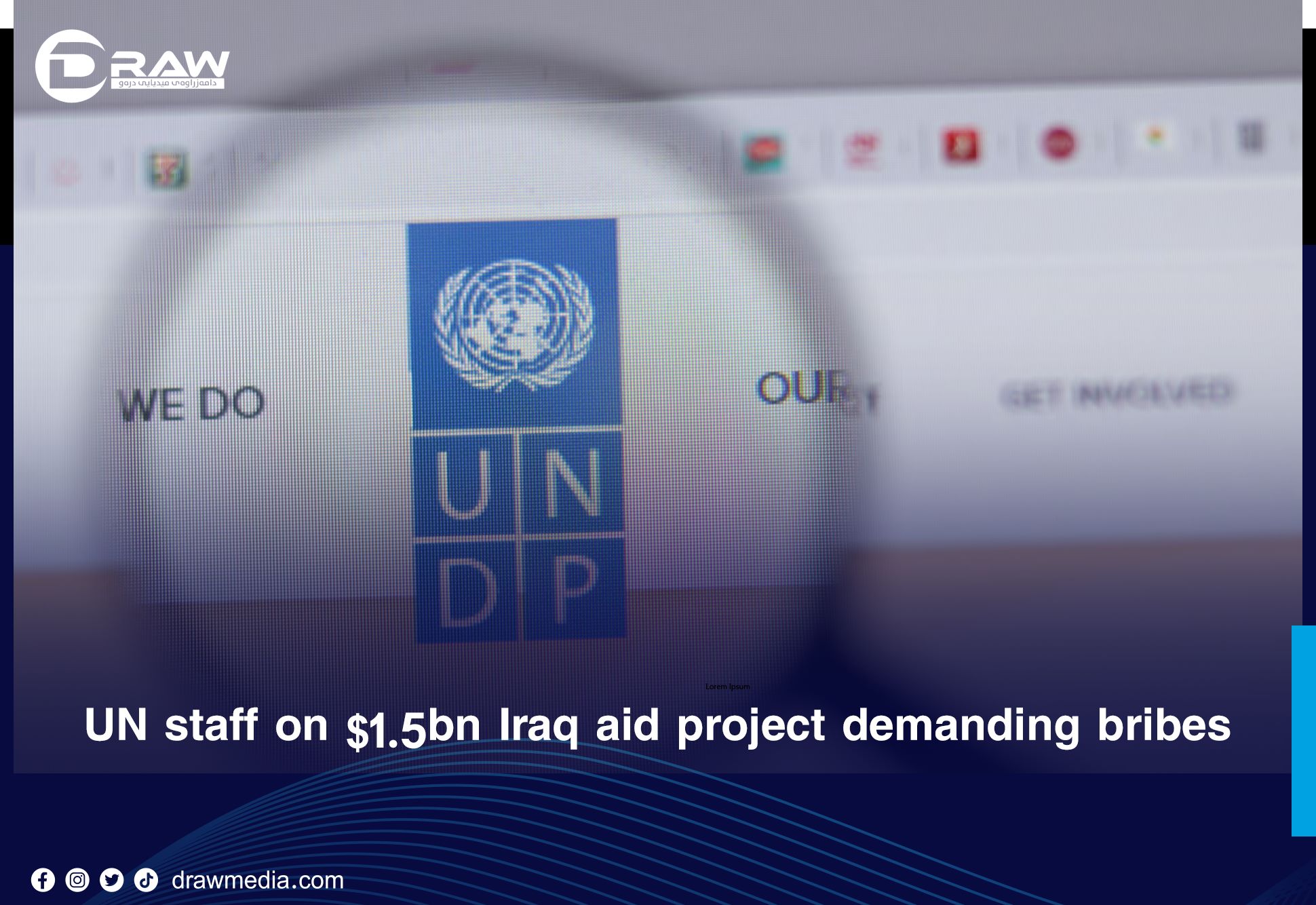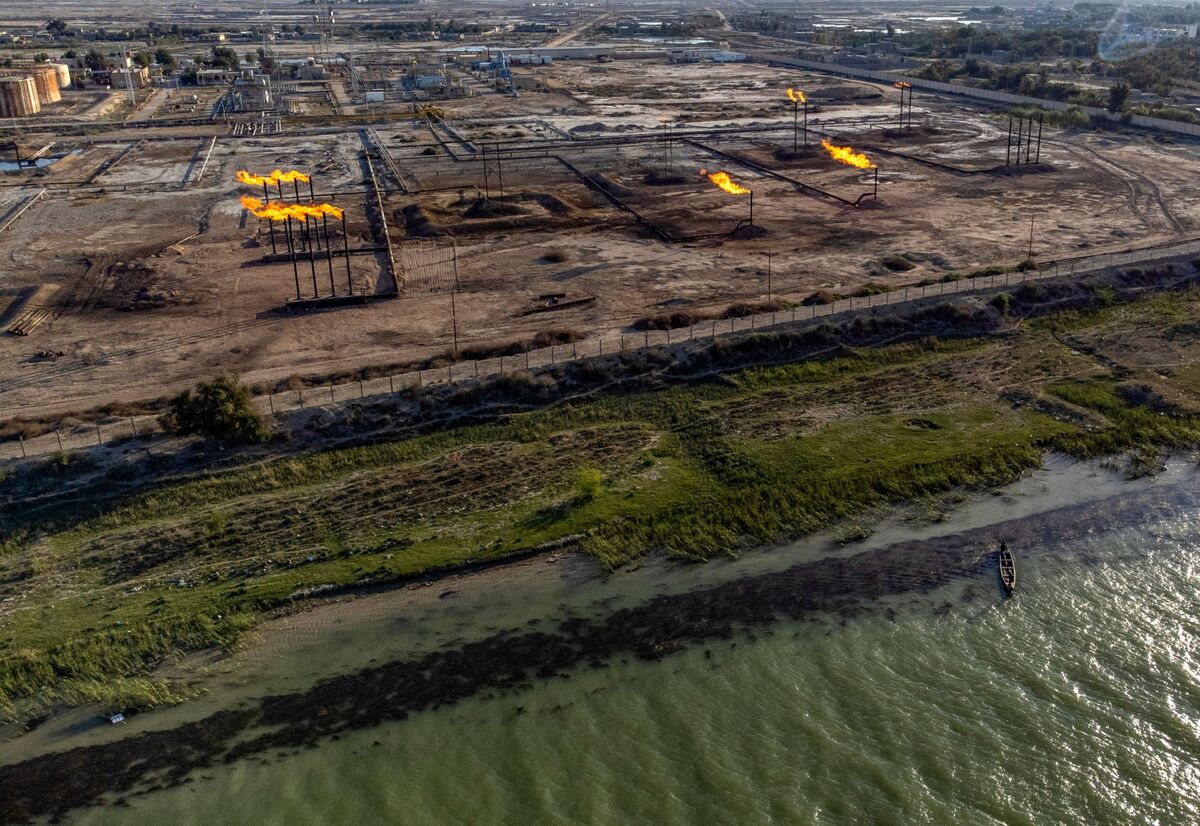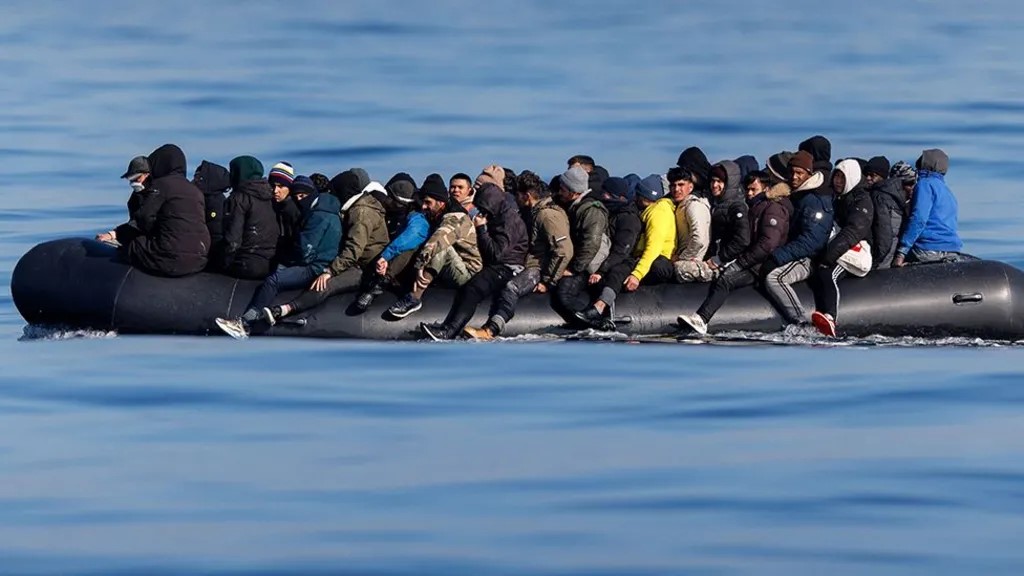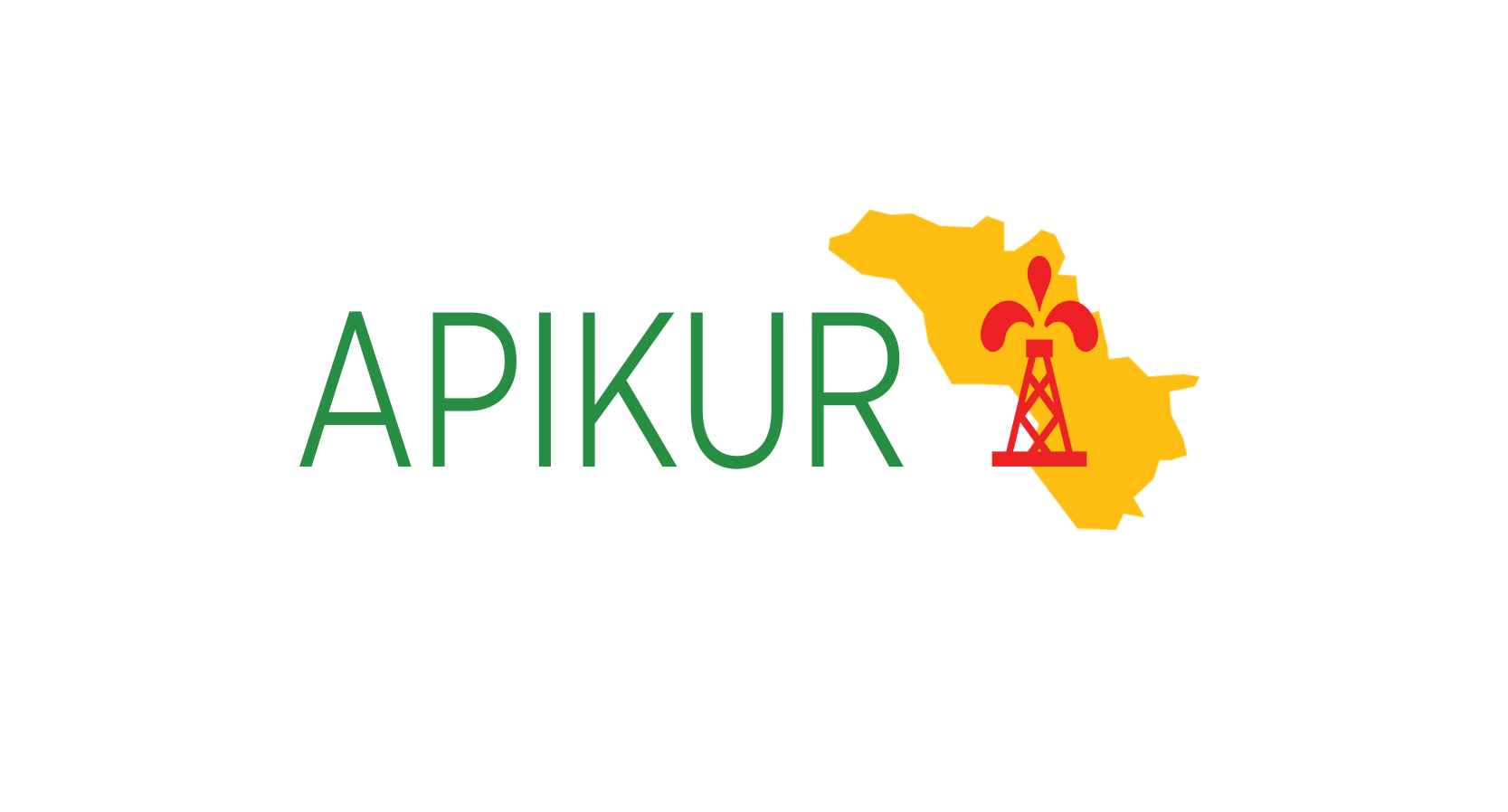UN staff on $1.5bn Iraq aid project “demanding bribes”

2024-01-23 15:56:49
Staff working for the UN in Iraq are allegedly demanding bribes in return for helping businessmen win contracts on postwar reconstruction projects in the country, a Guardian investigation has found.
The alleged kickbacks are one of a number of claims of corruption and mismanagement the Guardian has uncovered in the Funding Facility for Stabilization, a United Nations Development Programme (UNDP) scheme launched in 2015 and backed by $1.5bn (£1.2bn) in support so far from 30 donors, including the UK.
Since the 2003 US-led invasion, the international community has pumped billions of aid dollars into Iraq. Twenty years on, the country still suffers from poor services and infrastructure, despite being the world’s fourth-largest oil producer and generating a record-breaking $115bn in oil revenues last year.
Corruption and kickbacks have been described as “the lifeblood of politics in Iraq”, which is why the UN carries out projects directly, promising more transparency than local institutions. In a statement to the Guardian, the UNDP said it had “internal mechanisms that prevent and detect corruption and mismanagement, supported by robust compliance procedures and internal controls”.
But interviews with more than two dozen current and former UN employees, contractors, Iraqi and western officials suggest the UN is fuelling the culture of bribery that has permeated Iraqi society since Saddam Hussein’s overthrow in 2003.
The Guardian has found that bribes of up to 15% of the contract value have been demanded by UNDP staff, according to three employees and four contractors. In return, the employee helps the contractor navigate the UNDP’s complex bidding system to ensure they pass the vetting process.
“Nobody can get a contract without paying. There’s nothing in this country you can get without paying, not from the government, not from UNDP,” according to one contractor, who told the Guardian they had been approached by UNDP staff demanding bribes.
A UNDP employee said the deals were made in person rather than on paper to avoid detection, with influential Iraqis sometimes serving as guarantors. “The third party also takes a share of the kickback,” they said, adding that the contractors would “choose people with relationships and power”.
Government officials entrusted by the UNDP to oversee construction projects also allegedly take a cut. Contractors and UNDP staff who have overseen projects said officials used that authority to “extort” bribes from companies in return for signing off completed projects. Two contractors told the Guardian that they were forced to make such payments.
In its statement, the UNDP said it took allegations of corruption and lack of transparency very seriously and had “zero tolerance for fraud and corruption”.
The UN agency said: “This policy applies equally to UNDP staff members, as well as other personnel, vendors, implementing partners, and responsible parties engaged by UNDP. Any allegation of bribery, corruption, or fraud is thoroughly assessed and, where appropriate, investigated by UNDP’s independent Office of Audit and Investigation.”
As well as corruption, funds have been spent on redundancies and the UN’s large overheads, raising further questions about what share of the mammoth budget actually reached war-torn communities. The UNDP said it charged indirect costs in accordance with its financial regulations and rules and the requirements of its executive board.
Interviewees, many of whom spoke on condition of anonymity for fear of retaliation, said the programme had undergone an unwarranted expansion and extension that had mostly served to sustain the UNDP’s footprint while absolving the Iraqi government of its own obligations to rebuild the country.
They described a perverse incentive structure in which UN employees who wanted to “keep their cushy salaries” colluded with government officials who benefit financially to identify new projects, with progress reports embellishing results to justify more funding.
The UNDP claims to have improved the lives of 8.9 million Iraqis – a fifth of the country’s population. But the Guardian’s visit to project sites suggests that some of these numbers may have been overstated.
In a village in northern Iraq, a UNDP sign outside the local health centre claimed credit for its rehabilitation. But the facility, which suffered only light damage when Iraqi forces drove out Islamic State militants in 2017, was restored by two other organisations.
By the time the UNDP turned up, the clinic had been functioning again for two years. In what appears to be a digression from the original goal to rebuild damaged facilities, the UNDP built a new annexe for a laboratory and X-ray facility. But the premises stood empty in October, with locals complaining that for two years the UNDP had failed to deliver on promises to equip the new departments.
In contrast, a UNDP report in 2022 said the facility had been completed and was, alongside other clinics in the province, serving thousands of Iraqis. But that figure appears to be based on census data provided by the government rather than actual usage.
The UNDP said that it adhered to the technical and financial reporting requirements specified in agreements with each donor.
Donors have agreed to extend the programme for another two years and want some of the remaining funds to be redirected towards social and institutional development. But interviewees have described training and workshops run by the UNDP under such initiatives as “trivial” and “lacking strategic coherence”.
Sessions were attended by government officials and community members mostly for the sake of enjoying a free trip and cashing in allowances, the Guardian was told. “UNDP just wants to burn the money and show the donor that they are doing the workshops,” said one former employee.
A former employee described a UNDP livelihoods initiative that taught displaced women to sew as “unrealistic” because Iraqis tended to buy cheap, imported clothes from local markets. “They were trying to create an economy that didn’t exist. It was like going back to medieval times,” they added.
The UNDP said initiatives such as skills training were developed based on community needs and in full consultation with local authorities or community leaders.
Donors have admitted to struggling to track how their funding has been spent and rely on the UNDP to carry out monitoring and evaluation through an internal unit the agency described as “completely independent”, even though it reports to the UNDP’s management.
Five interviewees familiar with the UNDP’s reporting said it did not reflect reality on the ground.
“A lot of these documents are mostly for PR purposes,” said a consultant who carried out an external review of another UNDP scheme. “When you actually go to these provinces and sit down with the recipients of these funds and you actually look at the projects, it’s a far cry from what you perceive from reading these reports.”
Embassy staff, insulated behind concrete walls and only allowed limited field visits due to strict security protocol, appear to lack the means to challenge the information. “Everyone stays just two years and by the time they figure it out, they leave,” said a western official. “That’s how these programmes survive year on year.”
In response to the Guardian’s request for comment, an adviser to the Iraq prime minister, Mohammed Shia al-Sudani, said that if allegations of corruption in the UNDP programme and the involvement of government agencies were proven to be true, legal action would be taken.
Farhad Alaaldin said: “We will communicate with the highest authorities at the UN to discuss and investigate the details of these allegations and refer those involved in corruption to the competent authorities. We will also review all programmes to find out the truth.”


.jpg)
.jpg)
.jpg)
.png)

.jpg)

.jpg)
.jpg)


